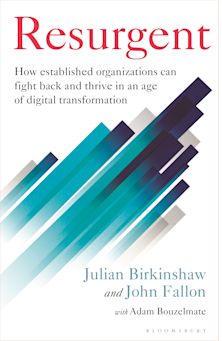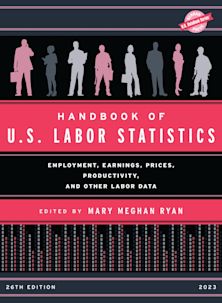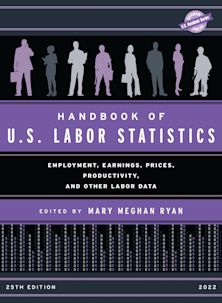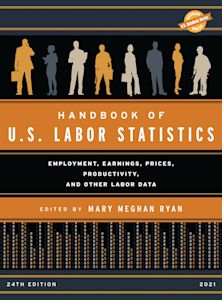Business Doing Good
Engaging Women and Elevating Communities
Business Doing Good
Engaging Women and Elevating Communities
This product is usually dispatched within 1 week
- Delivery and returns info
-
Free CA delivery on orders $40 or over
Description
Outlines six principles and best practices for hiring and retaining women with challenging backgrounds
Recently, business leaders have shifted their focus from a profit-only mindset to considering the impact of their businesses on all stakeholders. At the same time, the United Nations set aggressive Sustainable Development Goals (SGDs) to improve our world by 2030. These SDGs address all major needs facing our world today, such as: eradication of poverty and hunger, access to clean water, gender equality, and decent work and economic growth. These are significant problems facing the world that have in the past largely been left to nonprofit organizations and governments to solve.
Investors and customers have higher expectations for companies to make a positive social and environmental impact. They want to know business can do good. Following suit, today’s business leaders are starting to recognize we will never fill the gap between where we are and where we want to be if businesses do not also do their part to contribute sustainable solutions to these enormous social problems. This book provides a guide for businesses to make a significant positive impact while also benefiting their businesses.
Business Doing Good outlines six principles business leaders can implement to effectively hire women who have experienced incarceration, poverty, addiction, and/or engagement in the sex trade. While making a difference to both these women and communities, businesses benefit from the women’s resourcefulness, resilience, ability to motivate, and other unique skills and perspectives only available to someone who has overcome difficulties. Investments in women, in general, are exponential as they are more likely to return that investment to future generations. The impact is endless. If we are going to end poverty and create economic development, women who have overcome challenging pasts cannot be excluded.
Table of Contents
Chapter 1: Don’t Blink!: Experiential Learning
Chapter 2: I Love You Forever: Immediate Leadership Opportunities
Chapter 3: Here’s the Check: Entrepreneurial Culture
Chapter 4: Peeking in Windows: Translation Factor
Chapter 5: This is My Life: Restorative Justice
Chapter 6: There’s the Door: Partnerships
Chapter 7: Challenges and Solutions
Chapter 8: Rethinking Structures
Appendix
Bibliography
Notes
Index
About the Author
Product details
| Published | Aug 15 2021 |
|---|---|
| Format | Hardback |
| Edition | 1st |
| Extent | 228 |
| ISBN | 9781538152379 |
| Imprint | Rowman & Littlefield |
| Illustrations | 1 b/w illustration; 1 table |
| Dimensions | 226 x 149 mm |
| Publisher | Bloomsbury Publishing |
Reviews

ONLINE RESOURCES
Bloomsbury Collections
This book is available on Bloomsbury Collections where your library has access.


































